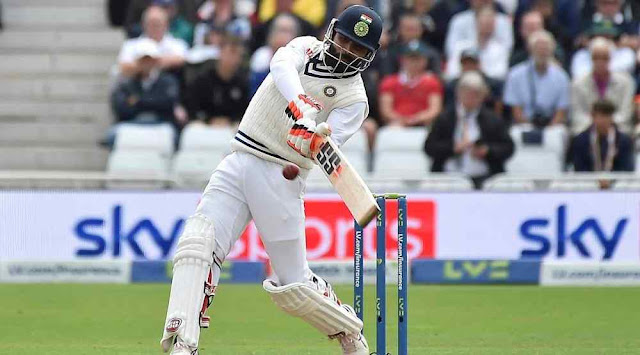Test matches and limited-overs games are the two types of international cricket. Here are the main differences between the two.
The easiest method to recognize the difference between
Test and limited-overs cricket is to look at the players. In Test cricket,
players always wear whites and use a red ball, but in the shorter game, players
wear coloured apparel and use a white ball.
The most significant distinction, though, is their
lengths. Test cricket is played over five days, each day lasting six hours and
requiring at least 90 overs to be bowled.
As the name implies, limited-overs cricket is played
over a set number of overs. International limited-overs cricket is separated
into one-day internationals (ODIs) and Twenty20 internationals in the current
era.
Matches might last 60, 55, or 50 overs in the early
days of one-day cricket, while the standard ODI has been set at 50 overs per
side for many years. The ICC Cricket World Cup, contested every four years
since 1975, consists of 50-over matches.
Since the domestic Twenty20 Cup in England in 2003,
twenty20 cricket has grown in popularity.
The first Twenty20 international match was played in
February 2005 between Australia and New Zealand, and there have been other ICC World
Twenty20 championships since the first event in 2007.
It all comes down to who can score the most runs in
the shortest time in limited-overs cricket.
Another significant distinction is that each side has
two chances to bat (called innings).
Each innings ends when ten batters are out (all-out),
or the captain of the batting side declares the innings over for tactical
reasons.
 Reviewed by Pravesh Kumar Maurya
on
08:36
Rating:
Reviewed by Pravesh Kumar Maurya
on
08:36
Rating:










No comments: